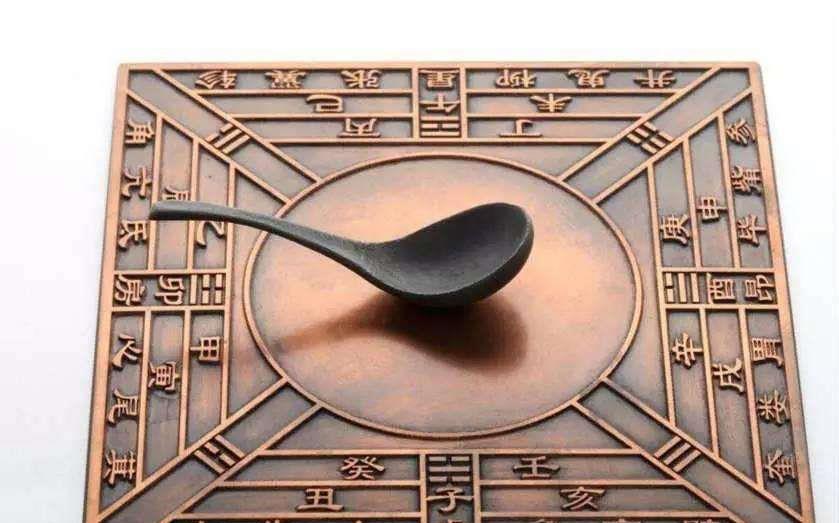The origin of the four great inventions
In the current college entrance examination, the number of applicants for science and engineering majors is undoubtedly higher than that of literature and history. And some experts believe that the employment rate is generally the highest in engineering. But in ancient China, liberal arts education was the mainstream education.

Ancient China took Confucianism as the foundation of its founding, and under the guidance of Confucianism, both theory (which can be regarded as a scientific theory) and the work (craftsmanship) were despised. Therefore, in the thousands of years of Chinese history, although there have been many inventions, these inventions have not attracted the attention of Confucian scholars. Therefore, for thousands of years, ancient China did not have the term "four great inventions". Even after the Opium War, after the foreigners' strong ships and cannons hit the Qing army, the conservatives of the Qing Dynasty still believed that no matter how powerful the foreigners' guns were, they were just "strange and obscene techniques" -- they still had such an attitude toward guns, let alone an attitude toward the "four great inventions"
Modern European scholars attach great importance to the role of the "four great inventions". Some scholars believe that the compass provided the possibility for great navigation; gunpowder destroyed the knightly class, which led to the collapse of medieval society; and the printing press broke the monopoly of the church on knowledge, which promoted the take-off of Europe.
Foreign missionaries in China in modern times have found that the origins of compass, gunpowder, and printing are all from China. After this discovery was learned by the Republic of China government, the Republic of China government put forward the "three major inventions" in order to enhance national self-confidence, and then some scholars implanted papermaking on the basis of the "three major inventions" and put forward the "four major inventions".
The views of Western countries
The "Four Great Inventions" were actively promoted by the Government of the Republic of China because modern China was on the verge of subjugation— modern China was not only not a military opponent for foreigners, but also gradually lost its advantages in culture. Many scholars even question whether ancient China has always been useless compared to ancient Europe. The proposal of the "four major inventions" theory has undoubtedly encouraged the self-confidence of Chinese: no matter how powerful the Western powers are, their ancestors did not rely on the input of Chinese technology to achieve take-off?
For Western culture, Western culture pursues the principle of pragmatism, and after more than a thousand years of medieval rule in the West, the consciousness of ancestor worship has long disappeared, so it is an indifferent attitude towards the inventions and achievements of one's own ancestors and the ancestors of others.
Therefore, foreign missionaries in China will take the lead in admitting that the "three major inventions" for Europe to end the Middle Ages and achieve the take-off of modern times came from China. In addition, western scholars such as Joseph Needham have specially compiled relevant academic works, saying that there were hundreds of inventions in ancient China, which had a huge impact on the world, and reaffirmed that the "four major inventions" came from China.